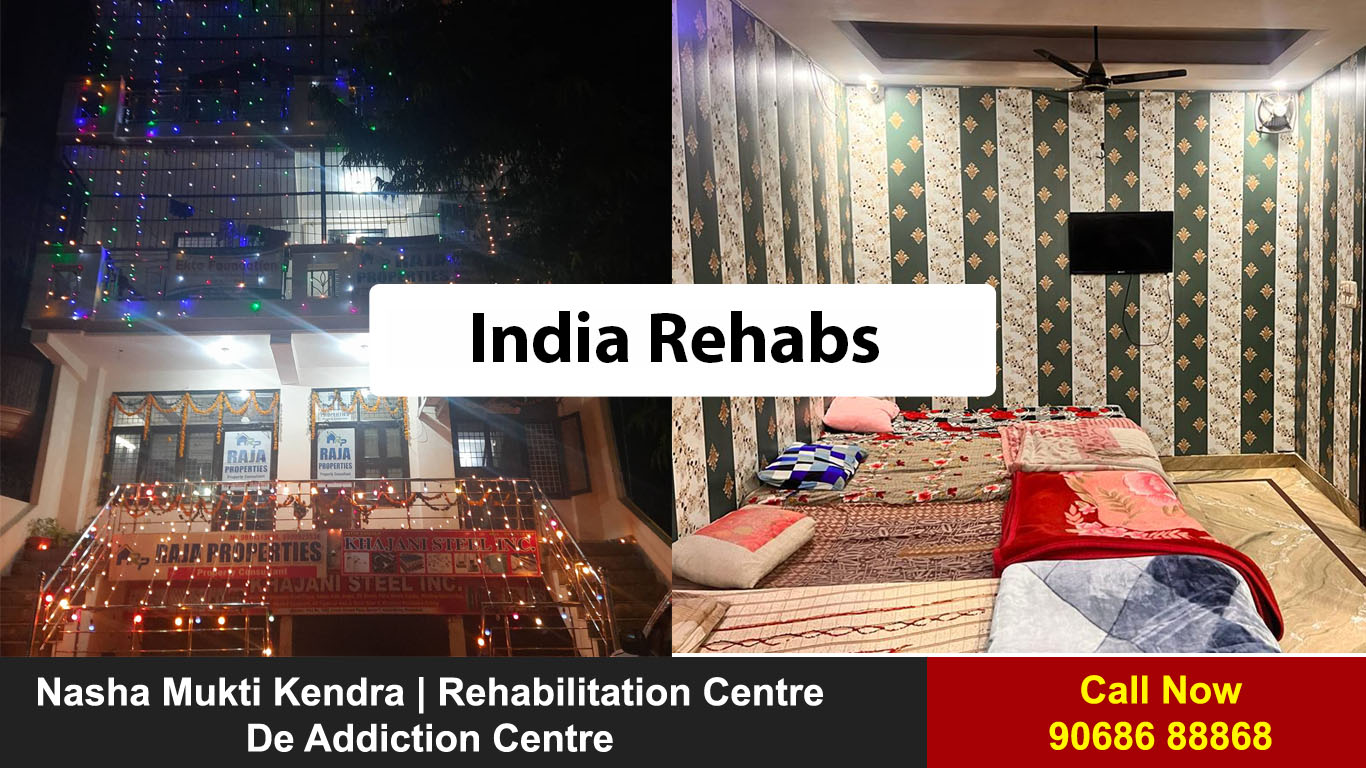
Addiction recovery is a multi-degree procedure, and detoxification is the important first step. Nasha Mukti Kendra in Ghaziabad play a critical position in supporting people triumph over substance dependency by providing medically supervised detox programs. Understanding how the cleansing manner works can assist people and their families make informed choices about searching for remedy.
What Is Detoxification?
Detoxification, or detox, is the procedure of putting off harmful materials together with alcohol, capsules, or toxins from the body. This level is important due to the fact prolonged substance abuse can motive the body to become dependent, main to withdrawal symptoms while the substance is not to be had.
Stages of Detoxification
-
Evaluation: The detox journey begins with a comprehensive medical assessment. Doctors and healthcare professionals evaluate the patient’s medical history, addiction severity, and mental health status. This assessment helps create a personalized detox plan tailored to the patient’s needs.
-
Stabilization: During stabilization, patients receive medical care and support to manage withdrawal symptoms. This phase involves administering medications, if necessary, to reduce the intensity of symptoms like nausea, insomnia, and anxiety. Psychological counseling is also provided to help the patient remain calm and motivated.
-
Transition to Treatment: After the body is stabilized, patients are transitioned into a full rehabilitation program. This step includes therapy, counseling, and skills training to address the root causes of addiction and develop strategies for long-term recovery.
Why Medical Supervision Is Crucial
Detox by myself is not enough for lengthy-term restoration. After detox, sufferers are encouraged to take part in rehabilitation applications that include behavioral remedy, lifestyles abilties schooling, and aftercare making plans. Support companies and everyday counseling periods help keep sobriety and decrease the chance of relapse.
Therapeutic Support During Detox
Besides medical care, therapeutic support is integral to successful detoxification. Counselors and therapists provide emotional support, helping patients cope with the mental challenges of withdrawal. Group therapy sessions often foster a sense of community and shared experience, motivating patients to continue their recovery journey.
Aftercare and Relapse Prevention
Detox alone is not enough for long-term recovery. After detox, patients are encouraged to participate in rehabilitation programs that include behavioral therapy, life skills training, and aftercare planning. Support groups and regular counseling sessions help maintain sobriety and reduce the risk of relapse.
Conclusion
Understanding the detoxification process can alleviate fears and misconceptions about addiction treatment. Nasha Mukti Kendras in Delhi provide comprehensive detox services with medical, psychological, and emotional support, ensuring a safe and supportive environment for recovery. Seeking help at the right time can be the first step toward reclaiming a healthier, addiction-free life.



Leave a Reply